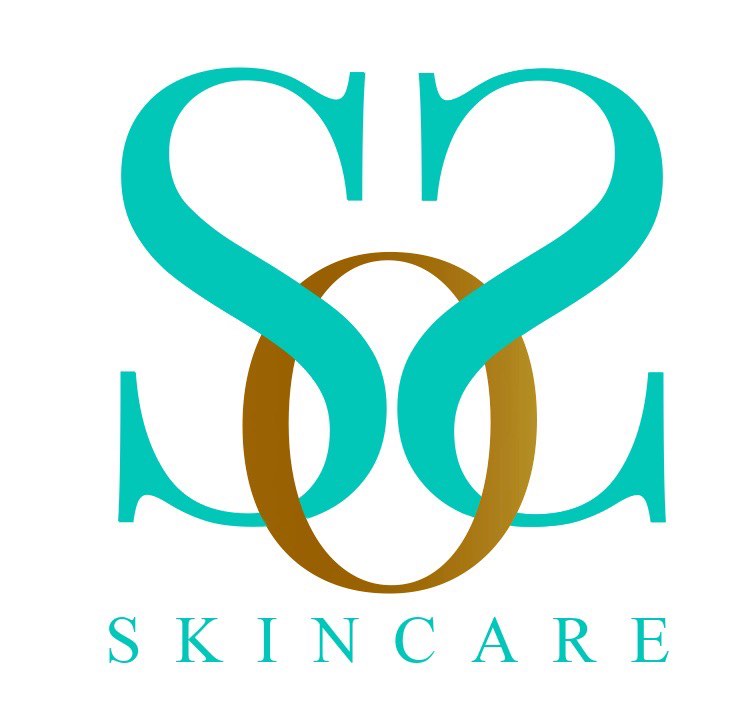Cystic acne is a severe form of acne that can be both physically and emotionally challenging to deal with. Characterized by large, painful, inflamed nodules beneath the skin's surface, cystic acne requires specialized care and attention. In this blog, we will delve into the world of cystic acne, exploring its causes, effective treatment options, and essential self-care practices to help you manage and overcome this stubborn skin condition.
Understanding Cystic Acne: Cystic acne occurs when bacteria, dead skin cells, and excess sebum become trapped deep within the skin's pores, leading to painful, swollen cysts. Unlike other types of acne, cystic acne can leave behind scars and discoloration, making it even more challenging to treat and manage.
Causes of Cystic Acne: Several factors contribute to the development of cystic acne:
-
Hormonal Imbalances: Fluctuations in hormone levels, particularly an increase in androgen hormones like testosterone, can trigger cystic acne breakouts.
-
Genetic Predisposition: If your parents or close family members had a history of cystic acne, you may be more prone to experiencing it yourself.
-
Lifestyle and Environmental Factors: Poor skincare habits, exposure to pollutants, excessive stress levels, and certain medications can all exacerbate cystic acne.
Treatment Options for Cystic Acne: While managing cystic acne can be challenging, there are several effective treatment options available:
-
Consult a Dermatologist: Given the severity of cystic acne, seeking professional help from a dermatologist is highly recommended. They can assess your condition and prescribe appropriate medications to control inflammation, reduce bacterial growth, and promote healing.
-
Oral Medications: Dermatologists may prescribe oral medications such as antibiotics, hormonal therapies (birth control pills or spironolactone for females), or isotretinoin (Accutane) for severe cases of cystic acne.
-
Topical Treatments: In conjunction with oral medications, dermatologists may also recommend topical treatments containing retinoids, benzoyl peroxide, or salicylic acid to reduce inflammation and prevent further breakouts.
-
Corticosteroid Injections: For painful, large cysts, dermatologists may administer corticosteroid injections to quickly reduce inflammation and promote healing.
Self-Care Practices for Cystic Acne: In addition to medical interventions, adopting self-care practices can make a significant difference in managing cystic acne:
-
Gentle Skincare Routine: Cleanse your face twice daily with a mild, non-comedogenic cleanser to remove dirt, excess oil, and impurities. Avoid harsh scrubbing, as it can worsen inflammation and irritation.
-
Moisturize Adequately: Use an oil-free, non-comedogenic moisturizer to keep your skin hydrated without clogging pores. Moisturizing is crucial even if you have oily skin, as it helps maintain the skin's natural moisture balance.
-
Avoid Triggering Products: Steer clear of heavy, pore-clogging cosmetics, hair products, and oily skincare formulations that can aggravate cystic acne. Look for non-comedogenic, oil-free alternatives.
-
Hands Off Approach: Refrain from touching or picking at cystic acne lesions, as it can lead to infection, scarring, and prolonged healing times.
-
Dietary Considerations: While diet alone may not be the primary cause of cystic acne, certain dietary adjustments may help manage the condition. Consider reducing your intake of processed foods, sugary treats, dairy products, and foods high in refined carbohydrates.
-
Manage Stress: Stress can worsen hormonal imbalances and trigger cystic
Need help with your cystic acne? Book a skin consultation here to get help by experts.

